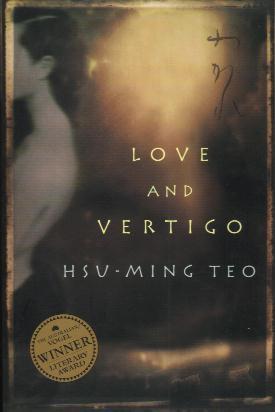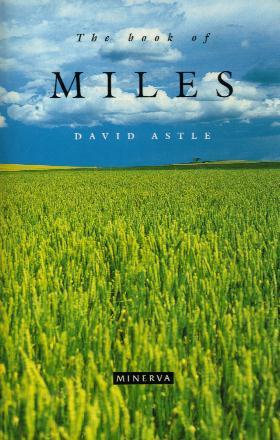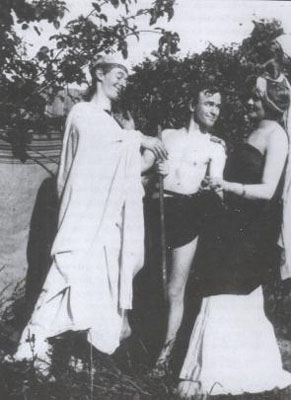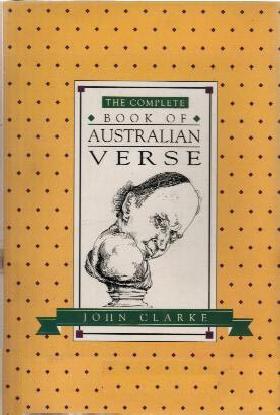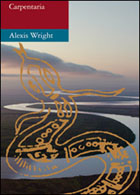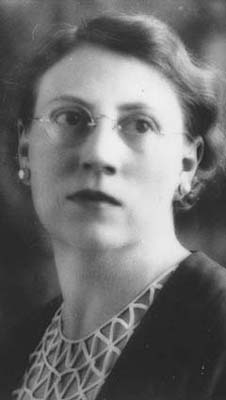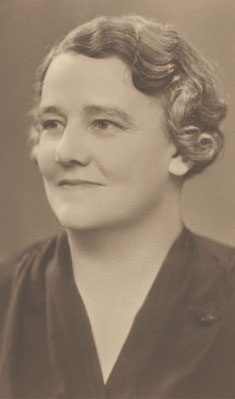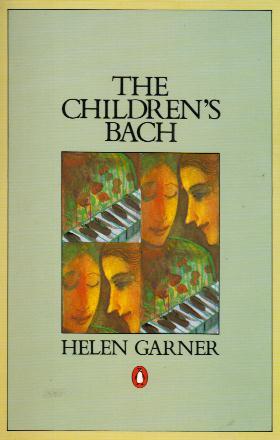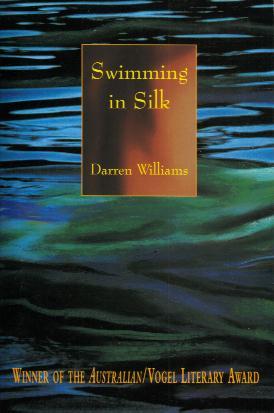"The Age" and "The Australian" have released their annual lists of upcoming books, so I thought I'd pick out the highlights as well as adding a few others that I've found. Fiction is identified with an "F".
January
And Hope to Die, J.M. Calder (Penguin) F
February
Love Without Hope, Rodney Hall (Picador) F
Another Country, Nicholas Rothwell (Black Inc)
March
The Time We Have Taken, Steven Carroll (Fourth Estate) F
The Pepper Gate, Genna De Bont (UQP) F
Chain of Evidence, Garry Disher (Text) F
Born to Run, Cathy Freeman (Penguin)
The Secret of Lost Things, Sheridan Hay (Fourth Estate) F
Napoleon's Double, Antoni Jack (Giramondo) F
Ochre & Rust: Objects of the Australian Frontier, Philip Jones (Wakefield Press)
The Widow and Her Hero, Tom Keneally (Random House) F
Magic's Child, Justine Larbalestier (Penguin) F
Shearwater, Andrea Mayes (Penguin) F
The Keys to the Kingdom 5: Lady Friday, Garth Nix (HarperCollins) F
April
Love and the Platypus, Nicholas Drayson (Scribe) F
The Raw Shark, Steven Hall (Text) F
Cultural Amnesia, Clive James (Picador)
Alice in La-La Land, Sophie Lee (Random House)
Shattered, Gabrielle Lord (Hachette) F
Turner's Paintbox, Paul Morgan (Penguin) F
The End of the World, Paddy O'Reilly (UQP) F
The Anzacs, Peter Pedersen (Penguin)
Cherry Pie, Leigh Redhead (Allen & Unwin) F
May
Summer Psychic, Jessica Adams (Allen & Unwin) F
I, Nigel Dorking, Mary-Anne Fahey (Penguin) F
Bali, Cameron Forbes (Black Inc)
All my Mob, Ruby Langford Ginibi (UQP)
Amongst the Dead, Robert Gott (Scribe) F
The Forgotten Children, David Hill (Random House)
Sorry, Gail Jones (Random House) F
Burning In, Mireille Juchau (Giramondo) F
Black Diamonds, Kim Kelly (HarperCollins) F
The Lamb Enters the Dreaming, Robert Kenny (Scribe)
Sucked In, Shane Maloney (Text) F
Kickbaks, Carol Overington (Allen & Unwin)
High & Dry, Guy Pearse (Penguin)
El Dorado, Dorothy Porter (Picador) F
The Night Ferry, Michael Robotham (Sphere) F
The Gospel of Gods and Crocodiles, Elizabeth Stead (UQP) F
Saturn Returns, Sean Williams (Ace) F
June
Aphelion, Emily Ballou (Picador) F
The River Baptists, Belinda Castles (Allen & Unwin) F
The Politics of Climate Change, Clive Hamilton (Black Inc)
Orpheus Lost, Janette Turner Hospital (Fourth Estate) F
Callisto, Torsten Krol (Picador) F
Walking to the Moon, Sean McMullen (Wildside) F
A Little Rain on Thursday, Matt Rubinstein (Text) F
July
final volume of The Obernewtyn Chroinicles, Isobelle Carmody (Penguin) F
The Beijing Conspiracy, Adrian d'Hage (Penguin) F
The Bright Crosses, Ross Duncan (Picador) F
My Life as a Traitor, Zahra Ghahramani (Scribe)
Vodka Doesn't Freeze, Leah Giarrantano (Random House) F
On Borrowed Time: Australia's Biodiversity Crisis, David Lindenmayer (Penguin)
Whitecap, James Woodford (Text) F
August
Reel Time, Bruce Beresford (HarperCollins)
The Vietnam Years, Michael Caulfield (Hachette)
Ron McCoy's Sea of Diamonds, Gregory Day (Picador) F
The Ghost's Child, Sonya Hartnett (Penguin) F
The Orphan Gunner, Sarah Knox (Giramondo) F
Bright Air, Barry Maitland (Allen & Unwin) F
Other Country, Stephen Scourfield (Allen & Unwin) F
September
Trout Opera, Matthew Condon (Random House) F
The Escapist, Tom Gilling (Text) F
Heaven's Net is Wide, Lian Hearn (Hodder) F
Dying: A Memoir, Donald Horne (Penguin)
My Four Aunts, Monica McInerney (Penguin) F
Heritages, Catherine Rey (Giramondo) F
Muck, Craig Sherbourne (Black Inc)
The Slap, Christos Tsiolkas (Random House) F
October
The Dirty Beat Venero Armanno (UQP) F
The Storm Prophet, Hector Macdnald (Penguin) F
The Mercenary & the Marine, Leigh Sales (MUP)
Blood & Tinsel, Jim Sharman (MUP)
a Peter Temple novel (Text) F
Democracy in America, Don Watson (Random House)
November
The Lighthouse, David Brooks (UQP) F
Landscape of Farewell, Alex Miller (Allen & Unwin) F
December
I get the feeling that December 2007 is just a bit too far off at this time.
